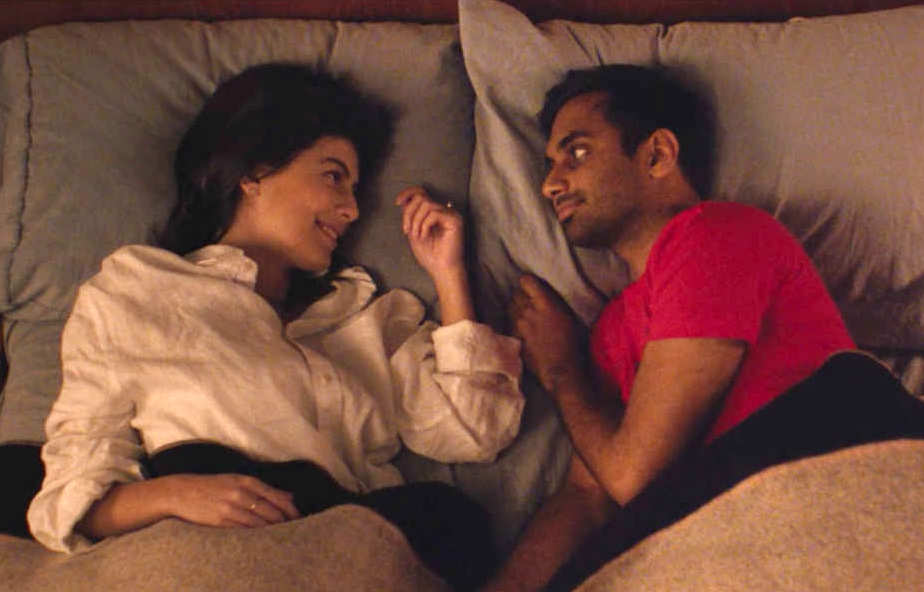Why A Sleep Schedule Is The Key To Acing Your Exams
You're probably sleep deprived and you don't even know it.

Here’s an obvious tidbit for you: sleeping enough is the single best thing you can do to get that HD.
We all know it, but very few of us do it. Here are some facts to get you into gear.
What Your Brain Looks Like Without Enough Zzzz
Sleep deprivation decreases your cognitive function. No shit. The more you don’t sleep, the less likely you are to come up with that witty one-liner to get a cutie to go out with you.
Apparently, if you’ve ever gone two weeks or more with six hours of sleep or less a night, you’re experiencing sleep deprivation. The number of lapses of attention in people who’ve gone two days without sleep is similar to the amount in people who are chronically sleep deprived. Which means you’re missing a lot of brain power.
Similarly, if you’ve ever gone to a party as the designated driver after having been up since seven, you probably shouldn’t be driving. According to this study, if you leave the party past midnight you’ll be operating at the cognitive level of a person with a blood alcohol level of 0.05. That doesn’t sound too good.
Your Brain Is Tricking You
Everyone knows sleep is important. But, no one knows when they haven’t had enough of it. Sure, if you’ve pulled an all-nighter, you’ll feel it. You’ll zonk out as soon as the assignment is finished.
But if you spend weeks or months with six hours of sleep a night instead of eight, you won’t even realise it takes your brain longer to organise itself.
Sleep deprivation is insidious. You’re swearing to everyone that you’re fine, you feel perfect. When all along you’re not functioning as well as you should. People with chronic sleep deprivation consistently rate their sleepiness at the same level even as their cognitive function gets worse.
Of course, for every rule there is an exception. If you’re absolutely sure that four hours a night is what works for you, knock yourself out. However, if you’ve never tried consistently getting your eight hours, isn’t it worth having a go at getting more sleep, and seeing if it makes a difference?
The Game Plan
I could go on all day about how getting enough sleep will make you practically superhuman, but it doesn’t matter at all if you don’t go out and actually do it.
You know what to do. Go to bed and wake up at approximately the same time, every day. Have a before bed routine that you follow, every day. Eat breakfast at the same time, every day. I know it seems to waste so much time but it’ll be worth it.
Some other things that can help with sleep include not doing anything in your bed except for sleep (and sexy times, which can also help sleep). Set an alarm at night for when you should start your before bed routine. If you’re going to have a late night, have a nap in the afternoon beforehand, rather than sleeping in the next day
You might need to keep up these changes for a few weeks before you start to feel a difference, which sucks. We wish there was a quick fix.
Making new habits is hard, but the benefits will be worth it in the long run. HDs, better relationships, better mental health. Maybe it’ll be hard, or maybe it’ll be easy.
You won’t know until you try. Anyway, I’m off to bed.
Anna has an existential crisis when asked to write something about herself and sometimes studies medicine at Monash University.
(Lead image: Master of None/Netflix)